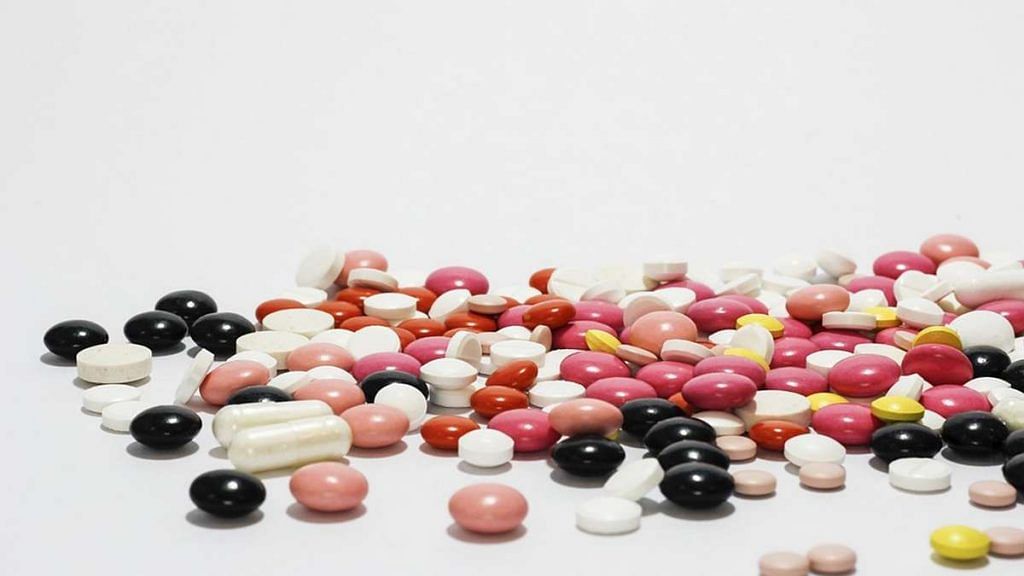New Delhi: Researchers at the Council of Scientific and Industrial Research (CSIR) are holding discussions to initiate clinical trials of new oral drug Molnupiravir, which is said to make Covid-19 patients non-infectious within 24 hours after the beginning of treatment.
Speaking to ThePrint, CSIR Director General Shekhar Mande said researchers have made some headway in discussions with pharma firm Merck, which is funding the development of the drug.
The development comes after a recent study at the Georgia State University in the US found that Molnupiravir can completely suppress transmission of the SARS-CoV-2 virus in ferrets within 24 hours.
Known as MK-4482/EIDD-2801, the drug was initially found to be potent against influenza viruses.
“We had a basket of compounds that we wanted to get into clinical trials, and this (Molnupiravir) was already one of them… Now that there are reports of its effectiveness from around the world, we are thinking of initiating a trial,” said Mande.
Also read: Oxford-AstraZeneca vaccine has 70% efficacy against Covid, interim results in Lancet reveal
The US research
In a statement about the new research on the drug, Richard Plemper, professor at Georgia State University, said, “This is the first demonstration of an orally available drug to rapidly block SARS-CoV-2 transmission.”
According to the research team, since the drug can be taken orally, the treatment can be started early enough to stop a patient’s progress to severe disease. It can also help patients recover more quickly.
In the absence of a vaccine, such drugs can help break the chain of transmission.
“We noted early on that MK-4482/EIDD-2801 has broad-spectrum activity against respiratory RNA viruses and that treating infected animals by mouth with the drug lowers the amount of shed viral particles by several orders of magnitude, dramatically reducing transmission,” said Plemper.
For the study published in Nature Microbiology journal last week, the team infected ferrets with SARS-CoV-2 and initiated treatment with Molnupiravir when the animals started to shed virus from the nose.
“We believe ferrets are a relevant transmission model because they readily spread SARS-CoV-2, but mostly do not develop severe disease, which closely resembles SARS-CoV-2 spread in young adults,” said Robert Cox, a co-lead author of the study.
When these animals were kept with untreated ferrets in the same cage, none of the contacts became infected, said Josef Wolf, another co-lead author of the study.
By comparison, all contacts of source ferrets that had received placebo became infected. However, researchers still need to determine if these results can be replicated in humans.
Molnupiravir is already in advanced phase II/III clinical trials against SARS-CoV-2 infection in the US.
A previous study from India has also shown that whereas the SARS-CoV-2 virus can become resistant to remdesivir, which showed promise in treating moderate Covid-19 disease, Molnupiravir will be more effective in preventing drug resistance.
Also read: ‘Low’ Covid cases & outbreaks in UK schools that reopened in June, Lancet study finds
